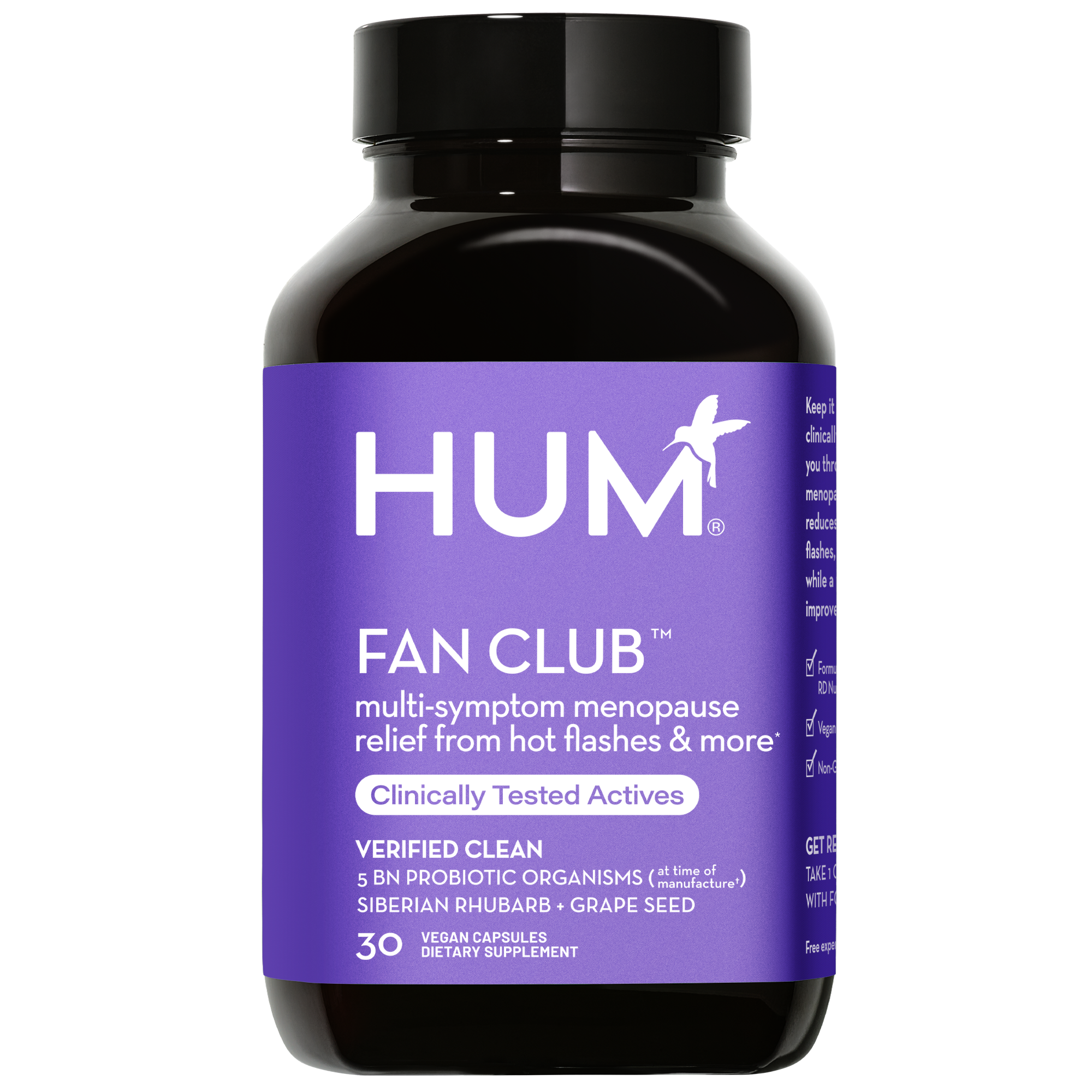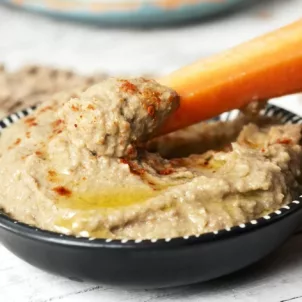Here, an OB-GYN details the causes of vaginal dryness. Plus: what to do to maintain a healthy vaginal environment with adequate moisture and lubrication.
We’ve previously investigated if vaginal discharge is normal. Spoiler alert: In most cases, rest assured that it’s perfectly healthy. Yet on the flip side, there’s another aspect of gynecological health you may be concerned about at some point in your adult life: vaginal dryness.
To understand the causes of vaginal dryness, what helps to restore moisture, and more, we consulted board-certified OB-GYN Cynthia Abraham, MD, FACOG, of Mount Sinai Hospital in New York City.



The Purpose of Vaginal Moisture
Before we delve into the causes of vaginal dryness, it’s important to understand why vaginal lubrication is important to begin with. Dr. Abraham shares that a moist vaginal environment helps avoid:- irritation
- burning
- inflammation
- painful intercourse
- urinary tract issues

What does vaginal dryness feel like?
If your vagina is very dry, you probably know (and feel) it already, especially in light of the symptoms outlined above. Additionally, you may notice discomfort amidst regular activities, including:- sitting
- standing
- exercising
How common is vaginal dryness?
Vaginal dryness affects over half of postmenopausal women in their 50s. However, while vaginal dryness is most often associated with the stages of menopause, it certainly isn’t limited to them. In fact, according to the same report cited above, an estimated 17 percent of women ages 18 to 50 experience vaginal dryness during sex. When it comes to intercourse and intimacy, vaginal dryness can develop into greater symptoms and issues. Not only can it be painful, but according to a 2018 study, it can also contribute to:- low sexual desire + difficulty achieving orgasm for both women and men
- difficulty maintaining an erection for men

3 Causes of Vaginal Dryness
So what causes vaginal dryness to begin with? Let’s take a closer look at the primary reasons.1. Low Estrogen
As you may have gathered by now, a hormonal imbalance—of estrogen in particular—is the root cause of vaginal dryness. “Estrogen is a hormone released by the ovaries that helps maintain vaginal lubrication, elasticity, and thickness,” Dr. Abraham explains. Needless to say, low estrogen levels hinder the vagina’s natural ability to self-lubricate, thus causing dryness and discomfort. Again, while low estrogen levels are typical after menopause, there are other reasons behind these hormone dips. “Low estrogen levels can also occur after childbirth and with breastfeeding,” Dr. Abraham shares, as well as following medical procedures and certain hormonal treatments.2. Vaginal Microbiome Imbalances
As a quick refresher, the vaginal microbiome consists of good bacteria and other organisms. It keeps the vaginal wall healthy by secreting enzymes by breaking down bad bacteria. When this microbiome is compromised, vaginal dryness may result. According to a 2014 study, low levels of Lactobacillus strains specifically are associated with the phenomenon.3. Dehydration
You likely know how important hydration is for your health and overall sense of well-being. But can dehydration cause vaginal dryness? You may be surprised to learn that inadequate hydration is, in fact, a potential instigator of vaginal dryness. Dehydration may disrupt your vaginal pH and lead to yeast imbalances, which can pose issues (such as itching) in addition to dryness.Additional Causes of Vaginal Dryness
Lastly, Dr. Abraham says that other reasons include:- taking medications for mental health or cold/allergies
- medical conditions that cause other manifestations of dryness in the body

What to Do for Vaginal Dryness
If you experience discomfort from vaginal dryness, know that non-invasive solutions exist. Before resorting to hormonal therapies and medicines, consider testing the following options.- Try out OTC vaginal moisturizers. Dr. Abraham explains that these non-hormonal topical solutions are “formulated to allow the vagina to retain moisture more effectively.” You’ll typically apply them about three times weekly.
- Don’t use hand or body lotions inside of the vagina. She continues to say that they can cause additional irritation.
- Use the right lubricants for sex. “You can apply silicone-based vaginal lubricants in the vagina just before having intercourse to reduce friction and drying,” Dr. Abraham says. If you prefer natural lubricants, she suggests opting for olive oil, coconut oil, or avocado oil. However, they may reduce the efficacy of condoms, so they’re best used in tandem with another form of birth control if that’s a concern. Additionally, she says that oil-based lubricants (such as petroleum jelly and baby oil) pose a similar risk and may also cause irritation.
- Take a high-quality probiotic for vaginal health. HUM’s Private Party contains three strains of Lactobacilli that show clinical efficacy in balancing the vaginal microbiome. Bonus: It also packs cranberry PACs to support urinary tract function.
- Drink more water. This final tip just may be the easiest thing to do for vaginal dryness. Better yet, hydrating more often will benefit countless other aspects of wellness and vitality. Luckily, hydrating foods (like watermelon and cucumbers), as well as carbonated water, can count towards your daily hydration quota.
Final Thoughts
While it’s uncomfortable to experience (and sometimes even to discuss), vaginal dryness is quite common not only surrounding menopause but also earlier in adult life. However, once you get a better sense of what’s causing your vaginal dryness, you’ll have a better chance of knowing what to do and use to reduce irritation and overlapping symptoms. If these natural options don’t work as well as you’d like, Dr. Abraham says it may be time to visit your OB-GYN for hormonal treatments, “especially if there are urinary symptoms or hot flashes” in postmenopausal women. Above all, if you feel something, say something. “Women should never hesitate to ask their doctor for advice,” Dr. Abraham concludes.More like this









